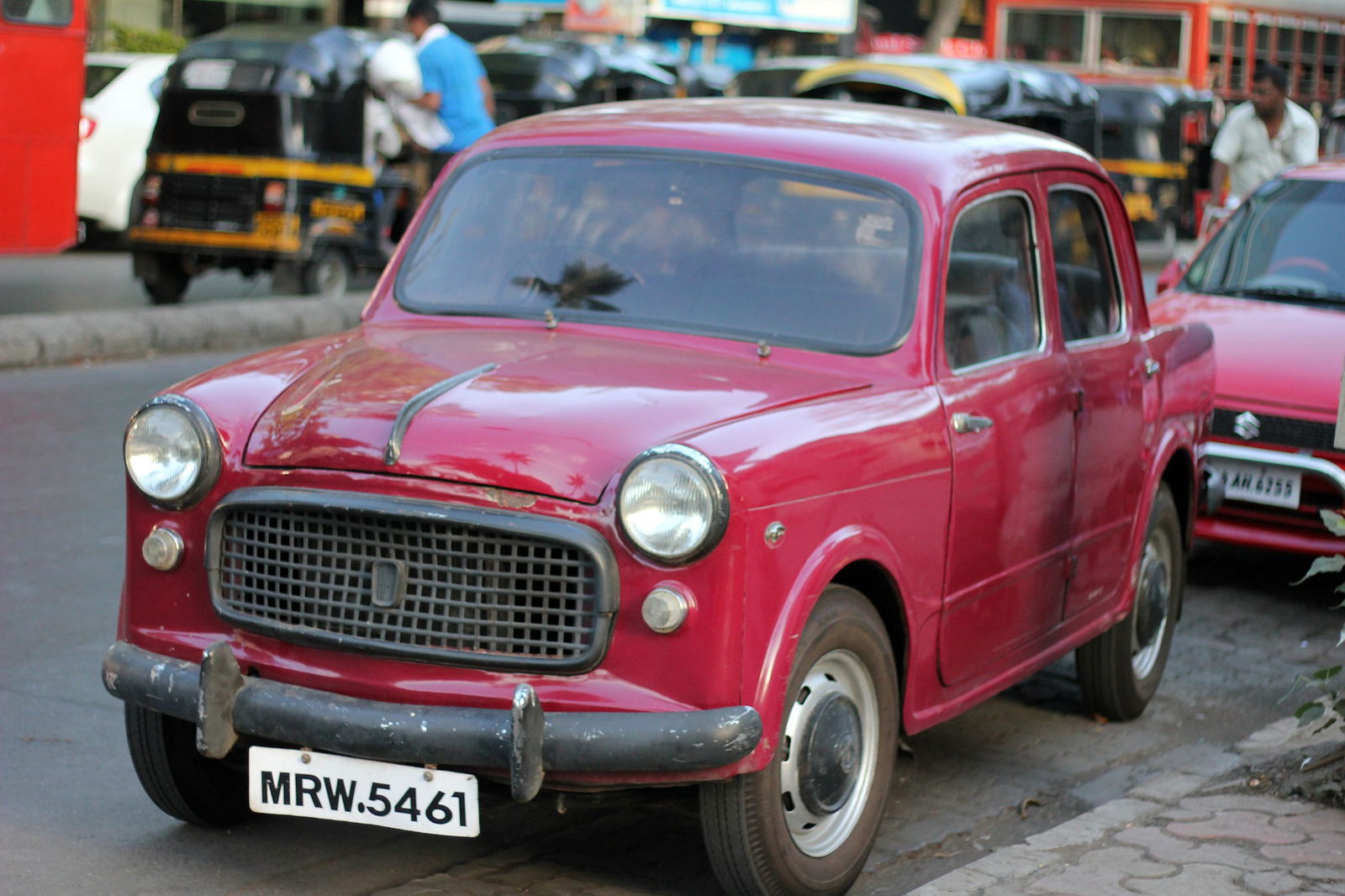Can India Really Ditch All Petroleum-Powered Vehicles By 2030?
Electric vehicles have been called soulless, expensive, impractical, unsafe, overly complicated and even environmentally hazardous by naysayers. Yet, the inevitable truth is that EVs will be a part of the mainstream in the not-so-distant future.
Electric vehicles have been called soulless, expensive, impractical, unsafe, overly complicated and even environmentally hazardous by naysayers. Yet, the inevitable truth is that EVs will be a part of the mainstream in the not-so-distant future. Some countries have even started reading out the last rites to the internal combustion engine. Norway has given new petroleum-powered cars eight years to live; and it’s highly likely that their Scandinavian brethren will follow suit. Tesla Motors is priming to become a hegemony in the automotive industry. And almost every carmaker in the world seems to have some sort of current-propelled vehicle somewhere in their model lineup.

Pretty soon, we’re all going to have to deal with a future devoid of widely-available fossil fuels. Yet, that doesn’t make the latest announcement from the Indian government seem any less ambitious. In a bold move, Piyush Goyal, the country’s energy minister, announced the government’s goal of eliminating fossil fuel-powered vehicles from the consumer market by 2030. Although this shouldn’t come as much of a shock (pun not intended) to motorists, it still seems like an impossible mandate for the government to follow.

I risk coming across as an old man yelling at clouds for saying why it might not be reasonable to expect an all-electric automobile industry in such a short period of time. In reality, however, there are many important reasons why India is moving in this direction. The rapidly-expanding industrial sector has resulted in abysmal levels of air pollution; especially in the large cities of New Delhi, Kolkata, and Mumbai. In addition, the environmental strain of India’s exploding population means that they have a desperate need to control their emissions. In fact, the whole world is putting pressure on India to make sure they clean up their act. This, in a way, makes abandoning the internal combustion engine seem like the obvious thing to do.

With that being said, the challenges associated with ditching diesel and gasoline are incredible for any nation at this point in time. As far as India is concerned, they’ll have to make some astronomical changes before an all-EV society can even begin to be feasible. The most troubling concern is the infrastructure—it is hard enough to conceive that the utility networks of nations such as the United States could possibly be able to accommodate such a massive paradigm shift in automotive propulsion.
Now imagine India—a country with a far less advanced electrical grid. A significant proportion of the population doesn’t even have access to power. Rolling blackouts are not unusual for many Indians, and the massive load that EVs would place on the system could simply be catastrophic to the already-precarious infrastructure. With massive power crises as recently as 2012, India has to satisfy the needs of its domestic economy before they even begin to consider throwing EVs into the mix.
This doesn’t even tap into many of the more general concerns of electric vehicles and their impact on the world. The production and eventual disposal of batteries could bring a huge environmental liability that we may not be able to handle. Even finding a source of electricity could cause massive problems, especially if that electricity is being produced by coal and gas-driven generators. It’s an environmental catch-22.

I’m not trying to dismiss the idea of a future with only electric cars. As far as I can tell, EVs are getting to the point where they’re really not bad vehicles at all. What I am trying to get at is the fact that we really need to consider whether or not EVs are a feasible, sustainable solution if we are going to kill off the petroleum-powered engine. Could hydrogen fuel cells be a more realistic alternative? What about biofuels, natural gas, or even nuclear-powered vehicles? Obviously, we have to do something, but we also need to make sure that what we are doing is, in fact, going to make a positive impact. India’s not necessarily out of line for their electric vehicle goals, but is their initiative really a step in the right direction? As it is, the plan to eliminate the internal combustion engine by 2030 is little more than a goal at this point. In that sense, it’s a good motivator to do something about the impending fossil fuel crisis. Yet, from a public works perspective, the actual likelihood of this initiative doing any good for the people of India is seriously questionable; even if doing nothing is even worse.
#ecarnomics







Comments
Editor’s pick in 4 mins? Talk about fast delivery
Plot twist
This did come as a shock. I didn’t except India moving to a EV-society. R.I.P to all of the Hindustan Ambassadors.
Honestly, factories, dump trucks and garbage incinerators produce so much more nasty ugly “greenhouse gases” maybe they should ditch those first.
Good writing.
But why the self-editor’s pick? xD
Just asking, don’t kill me.
I feel bad being a Indian in CT now.
All of our respect is blown away :(
Y U DO DIS GARY
announced the government’s goal of eliminating fossil fuel-powered vehicles from the consumer market by 2030. Why dont you grow your fuel, like top gear did with the 24 hour silverstone bmw?
I actually agree to this. Well written Kyle Ashdown. I wish I could’ve written being someone who lives in India :P
But that is a genuine highlight. The electricity grid infrastructure is almost non existent throughout the country. Plus the government is still planning on car parking and foot paths as those are yet to be included in the urban city infrastructure. The lack of infrastructure planning has lead to several roadblocks (no pun intended) when redesigning the roads for a more efficient roadway network meaning that recharging stations are still a distant way off. There have been suggestions to use solar energy but even that isn’t sufficient for the population we have. So we are still a very distant way off to introduce electric cars in our daily lives.
I don’t want to sound like an ass, but how thick are the people in the indian government? Everybody with a bit of sense can see that a full on ban of dinosaur-burners is just not possible, especially in a country like India.
The answer, that thing you were looking for
Is no.
Pagination